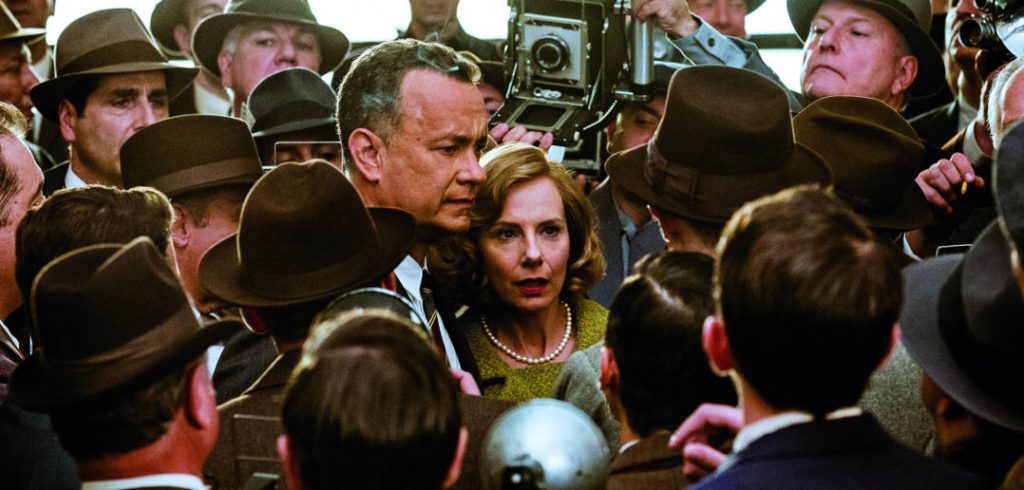Donovan, FCRH ’37, was a New York lawyer who successfully argued against the death penalty for a convicted Soviet spy and later negotiated the swap of that spy for Americans being held behind the Iron Curtain. The event will begin with a panel discussion about Donovan, followed by a screening of Bridge of Spies, the Oscar-nominated movie about Donovan directed by Steven Spielberg and starring Tom Hanks.
Sitting on the panel will be John Donovan and Beth Amorosi, who are Donovan’s son and granddaughter, respectively, and Jim Jennewein, Hollywood screenwriter and artist in residence at Fordham. Christopher Dietrich, history professor at Fordham, will moderate.
Register here for the event, at 5:30 p.m. on Feb. 9 in the Costantino Room at Fordham Law School.
Donovan’s story is notable for his decision to stand up for the due process rights of an accused Soviet spy—Rudolf Ivanovich Abel—at a time of fervent anticommunism in the United States, Dietrich said.
“The ability to act morally in a period where the ideological debate was so heated, and clouded so many different people’s decisions is why we’re still thinking about that story today,” he said. While Donovan makes decisions that run against the country’s anticommunist fervor, “in the end he has a clear conscience, and he knows he’s stood up for a value that’s greater: the right to an attorney and the right to a fair trial,” Dietrich said.
Dietrich also noted how Donovan’s arguments against the death penalty included both principle and the practical consideration of possibly using Abel in a prisoner swap with the Soviets at some later date. When that scenario came to pass, “people in positions of power, including President Eisenhower, [were]very grateful that he was willing to take a stand,” Dietrich said.
“What for [Donovan] was a moral stand actually ends up being a good strategic decision, and that relation between strategy and principles is what this story is really about,” Dietrich said.
Studying this and other Cold War episodes shows how ideology and geopolitics work together to shape our lives, he said. “It is important to understand the kinds of questions that these historical figures dealt with and how they dealt with them in a way that, in this case, quite frankly is marked for its strong sense of morals and clear analysis,” he said.

